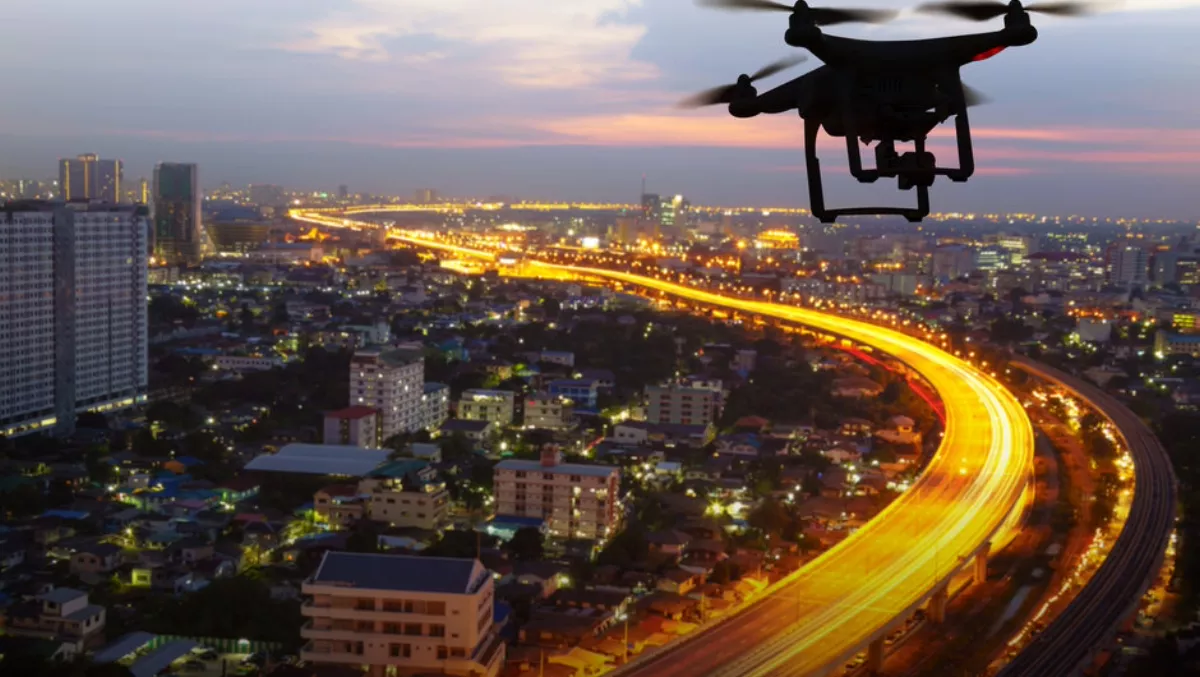How do you feel about autonomous systems helping out in your everyday life? We're on the cusp of driverless vehicles, artificial intelligence (AI) analytics, smart cities and everything down to AI that can brew the perfect cup of coffee.
All over the globe technology developers, futurists, experts and creatives are working on new ways AI technologies can change the way we live and work.
Think about the risks associated with AI technology development from the perspective of our very own HPE specialists. As with any software, the development of AI technology is the product of a team, and the product of individual humans. With that comes a set of inherent biases that translate into the AI systems we develop.
As with any software, the development of AI technology is the product of a team, and the product of individual humans. With that comes a set of inherent biases that translate into the AI systems we develop.
We have an inherent dependency on AI systems without even thinking about it. When we go to the shops for coffee, Google's AI tells us how to get there, and where the best coffee is. When we're dating, we trust mobile applications to help us find human connections. Even watching a movie on Netflix, we look at the service to provide us with movie recommendations that best reflect our mood and genre preferences.
These algorithms, unfortunately, come with particular biases and are dependent on the dataset that is fed into them. The coffee shop on the corner might not have the best coffee, but they might have a rewards program for people who rate them on Google. By the same token, the next movie that shows up on Netflix or song on Spotify are products of an algorithm that pulls from a dataset that was programmed by a human.
And yet for some reason, people are still as likely to take advice from a device than they are from an individual human standing in front of them. The 2018 Deloitte Media Consumer Survey found that 55 per cent of Australians will take a recommendation from a commercial or advert, while 57 per cent rely on friends and family for recommendations.
In Australia, the federal government has continued to look into opportunities for AI technologies, with almost $30 million earmarked for AI technology program development through groups like the Department of Industry, Innovation and Science's Cooperative Research Centres program. Recently the Minister for Industry, Science and Technology Karen Andrews announced the federal government's plan to develop a national blockchain roadmap to support the growth of the local industry.
Programs are being developed on a case-by-case basis with little to no oversight from business or government – there isn't a protocol for the ethical development of AI systems. The federal government has just recently released a whitepaper proposing the development of a Responsible Innovation Organisation, following discussions between the Australian Human Rights Commission and the World Economic Forum.
The recommendations acknowledge the part AI technologies have to play in the development of Australian industry and the fourth economic revolution and propose how the government could endorse a group to guide the development of AI technologies in Australia.
AI technology today is laying the groundwork for future developments that could be far beyond what we can currently conceive. If you'd said ten years ago bots could manage workflows, conduct search and rescue, or analyse data to cure diseases – it would seem like something out of a sci-fi novel.
The way AI technology is developing, we'll soon have the capacity to take on the best and worst aspects of society. It's a prospect that is both incredible and terrifying. But it is also filled with an opportunity to change the way that we live and work in Australia, that we need to embrace as a whole.
So, do you want an AI barista to brew your coffee? I do.


